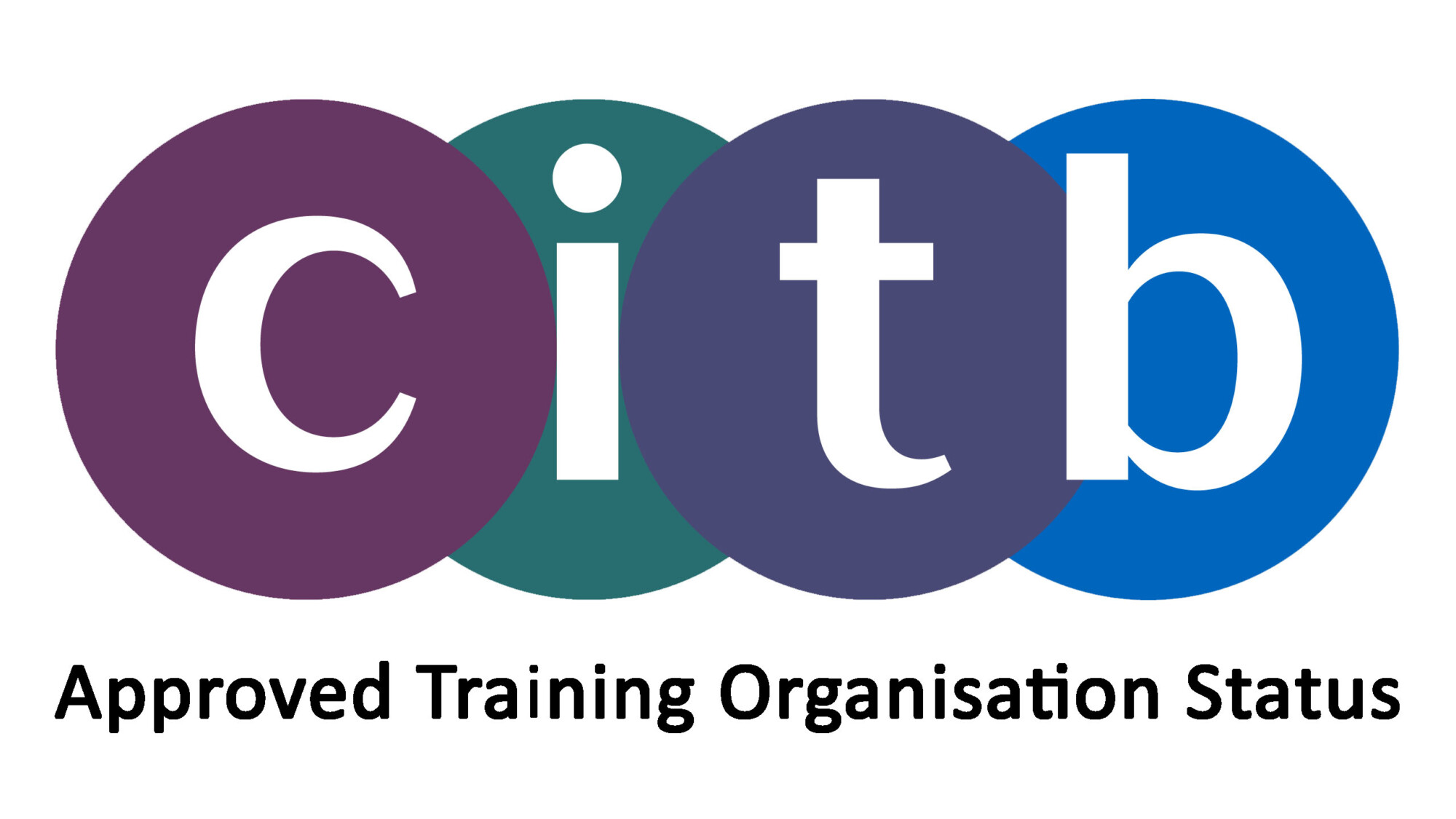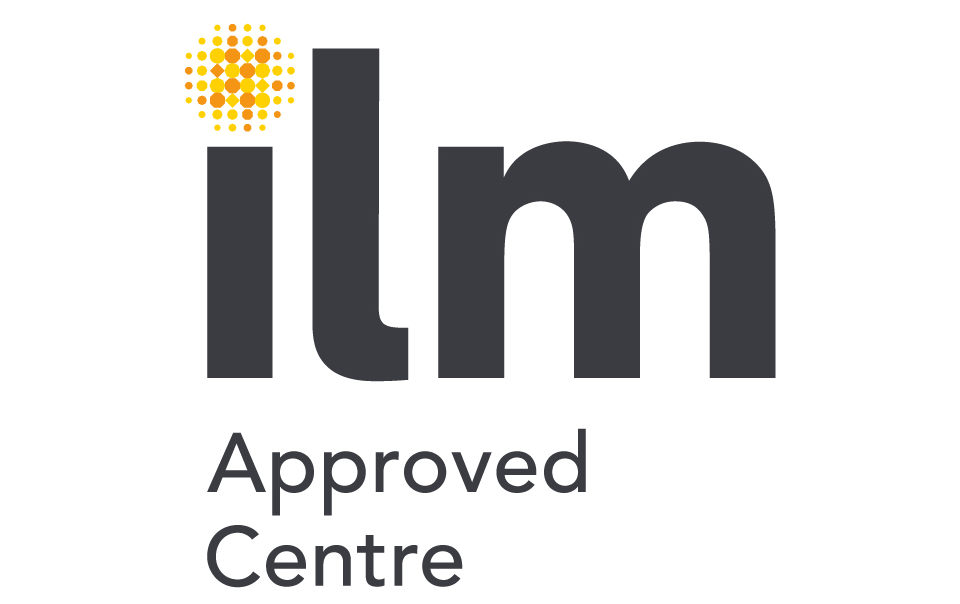Overview
Delegates will learn how to design, deliver and review all manner of training situations. They will understand their personal training style and how to increase their ability to teach, train, motivate and support. They will even learn how to tap into difficult trainees as well as manage technical or complicated subjects.
Delegates will also gain advanced training/presenting skills in order to polish their overall performance and communication style.
N.B. This workshop is very practical and allows each delegate the time to test out learning in a safe environment. We ask that the delegate brings an example of typical training material used in the work place. This material will form a practical basis for their individual learning throughout the two days.
Objectives
- For each delegate to match their training method to the learning styles and requirements of their coachees.
- To ensure that each delegate becomes aware of professional facilitator tips and tricks, from setting the scene correctly through to action planning.
- For each delegate to look at how to effectively structure and pitch their training information.
- For each delegate to practically apply methods of gaining maintaining interest and understanding from coachees.
- For each delegate to learn how to effectively manage training material, visual aids, the venue and their time.
- For each delegate to learn how to overcome a coachee’s disinterest or frustration.
- For each delegate to advance their presentation style in order to ensure that their communication is clear, stimulating and engaging.
- For each delegate to understand the learning cycle and harness it in order to ensure that each coachee is continually developed.
Day One
- Introduction
- Understanding and managing group dynamics and different personalities
- Knowing your training style, strengths and development areas
- Examination of each delegate’s core subject and typical training material
- Learning how to structure and re-design the above
- Designing and rehearsing course start up
- Key communication skills and tips
- Body Language, voice, working the room and visual aids
- Utilising stories and other tools for gaining and maintaining interest
- Managing questions and staying on track
- Designing and rehearsing key subject areas
- Action Plan, Summary and Close
Day Two
- Recap of learning
- Evaluating the different needs of individuals
- Understanding how to work around the learning cycle
- Understanding different learning styles at how to adapt your style, material and course exercises appropriately
- Understanding how to design, set and review learning exercises
- Linking and building upon key learning points
- Maintaining control through influencing techniques
- Perfecting course sections practiced on day one
- Recognising and proactively managing challenging situations/ people
- Wrap up, actions and effective review


